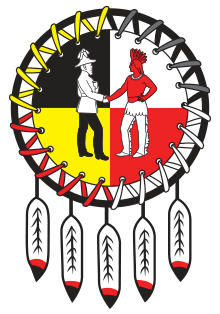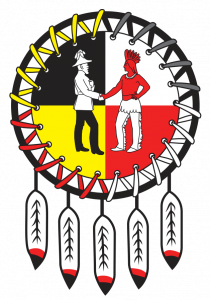Quick links:
The future
The focus for Treaty 8 Livelihood & Climate Change is on how we can protect access to our most basic Treaty Right. Being able to hunt, fish, and trap is something that is guaranteed by our Treaty and allows us to continue to preserve our traditional way of life for future generations.
Ensuring that our children and grandchildren are left clean air, land and water is something of utmost importance and we work with our Nations to assist them in the hard work they already do to make sure we preserve our environment. The land has been our pharmacy, our grocery store and our bank since the time before the Treaty, we must all work together to protect it.


Tracking change
Part of this work has involved partnering with the University of Alberta on a project called “Tracking Change”, this partnership has allowed us to work together to conduct traditional knowledge research activities along our local water basins., by bringing together knowledge keepers from the communities with academics, we are demonstrating the impacts of development these important water sources. In the words of the Tracking Change project “if the river system is not healthy, how can we be?” This project also involves Fish Studies, Chronic Wasting Disease (CWD) studies in ungulates - Deer, Elk, Caribou, and Moose Testing for CWD.
Our climate change initiative
Since 2017, the objective has been to educate, gather information and bring awareness of climate change at a community level. Through this initiative we have visited communities where elders, leaders and members were present. At these meetings, they have expressed the need to have youth involved, to enhance their knowledge and increase their involvement in mitigating climate change and it’s impacts.
At the community level, we ensure the information shared is consistent and relevant. Collectively, members see and feel the impacts of climate change and the adaptation that comes with it. Innovative and creative approaches to assist in promoting and protecting traditional way of life has been a direction for many First Nations. Working with communities on initiatives that provides tools on food security, through gardens, and learning about recycling empowers the community.
Indigenous groups have an opportunity to be involved, invest, and play an integral role to deliver services, economic activities, employment, enhance well-being, make positive changes and most importantly make better opportunities for future generations.

